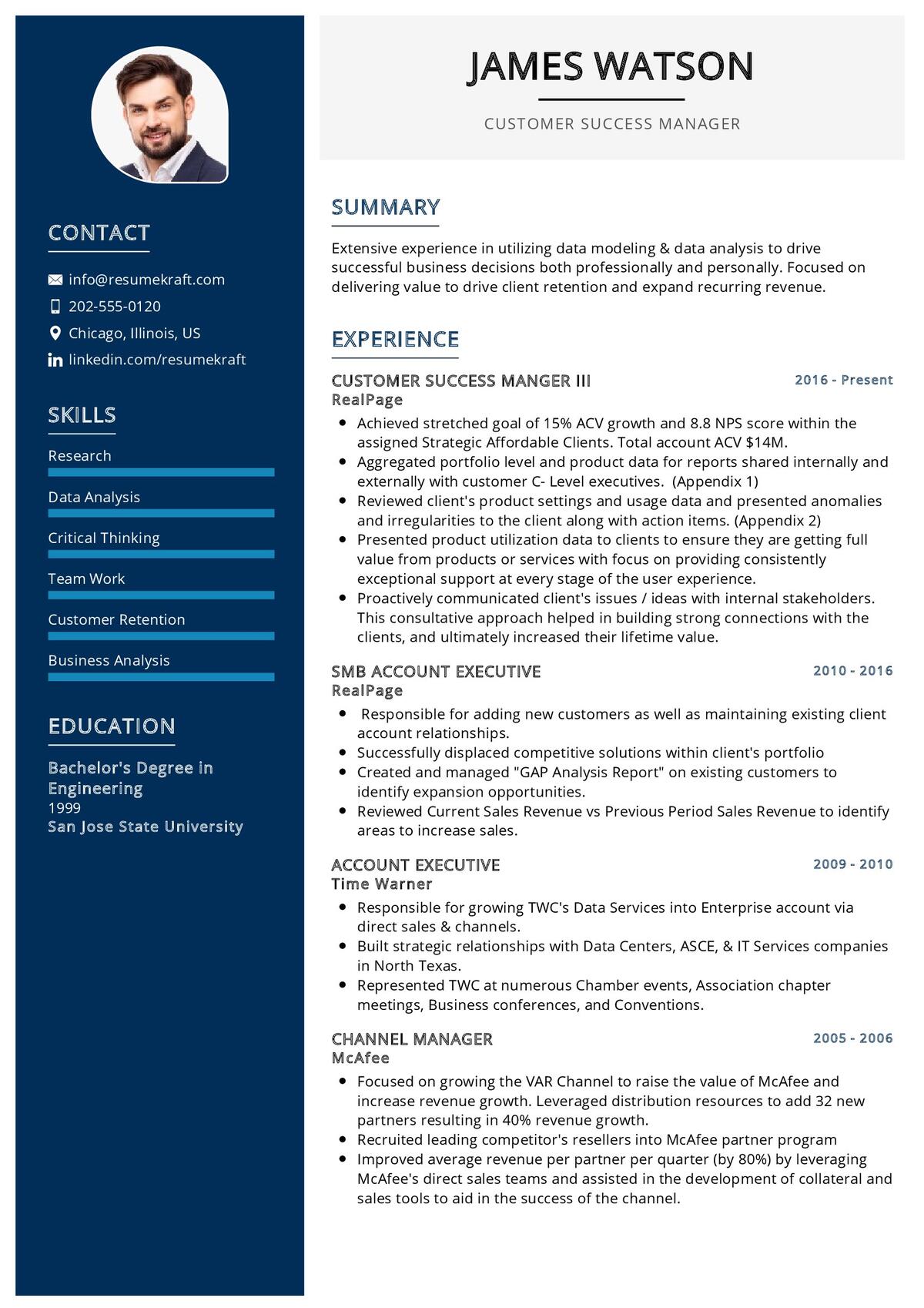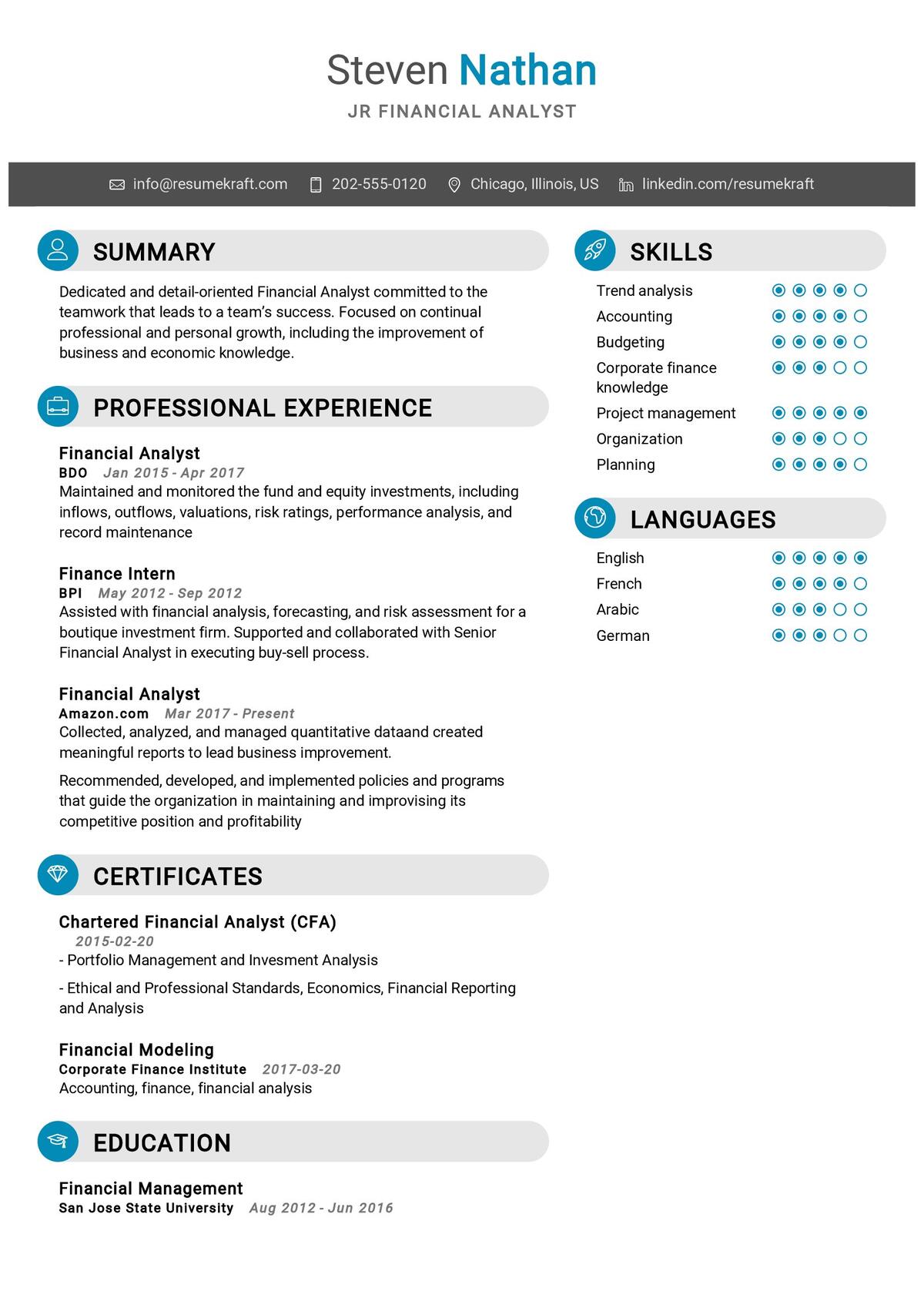
The role of a nurse manager is critical in healthcare settings, combining clinical expertise with leadership and management skills. Nurse managers are responsible for overseeing nursing staff, managing budgets, and ensuring that patients receive high-quality care. The job requires not only a deep understanding of nursing practice but also strong leadership, communication, and problem-solving skills. Preparing for a nurse manager interview means not only showcasing your nursing experience but also demonstrating how you can effectively lead a team and manage the complexities of healthcare administration.
In this article, we will cover the Top 38 nurse manager interview questions you can expect during an interview for this pivotal role. We will provide example answers to each question, along with explanations to help you understand why these questions are important and how to tailor your responses to stand out in your interview.
Top 38 Nurse Manager Interview Questions
1. What motivates you to become a nurse manager?
As a nurse manager, my motivation comes from the desire to make a larger impact in patient care and nursing practice. I am passionate about mentoring and guiding nursing staff, ensuring they have the tools and resources to deliver exceptional care. The ability to shape policies and create a positive work environment excites me, as it leads to better patient outcomes.
Explanation:
This question tests your passion for the role and your understanding of what drives success in nurse management.
2. How do you handle conflict between nursing staff?
When conflicts arise, I believe in addressing them directly and early. I encourage open communication and active listening from all parties involved. My goal is to mediate discussions and help the individuals find a resolution that promotes teamwork and professionalism. It’s important to maintain a supportive environment where everyone feels heard.
Explanation:
This tests your conflict resolution skills and your ability to manage interpersonal relationships in a healthcare setting.
3. How do you ensure that your nursing team stays motivated and engaged?
I believe in regular recognition of achievements, open communication, and opportunities for professional development. I make it a point to know my staff’s individual goals and work with them to provide the resources they need to succeed. Offering opportunities for training and growth helps maintain engagement.
Explanation:
Engagement is key to a productive nursing team, and this question checks your leadership skills in maintaining a motivated workforce.
Build your resume in just 5 minutes with AI.

4. Describe a time you implemented a change in your unit.
I once implemented a new electronic health records system in my unit to improve documentation and workflow. I ensured that all staff were properly trained, provided ongoing support, and gathered feedback to make necessary adjustments. The change resulted in improved efficiency and better patient care.
Explanation:
This question evaluates your ability to manage change effectively and highlights your problem-solving skills.
5. How do you prioritize tasks when managing a busy nursing unit?
Prioritization starts with assessing which tasks impact patient care the most. I categorize tasks as urgent, important, and routine. Patient safety always comes first, followed by time-sensitive administrative duties. Delegation is also essential in ensuring all responsibilities are managed effectively.
Explanation:
This question measures your ability to handle multiple responsibilities while ensuring optimal patient care.
6. How would you describe your leadership style?
I would describe my leadership style as transformational. I believe in inspiring and empowering my team, encouraging collaboration, and being approachable. I focus on setting a vision for the unit and motivating my team to achieve our goals together.
Explanation:
This question seeks to understand your approach to leading a team and how you inspire others.
7. How do you handle underperforming staff members?
When addressing underperformance, I first meet privately with the staff member to understand the underlying reasons. I provide constructive feedback, set clear expectations, and offer support through training or mentoring. If necessary, I work with HR to implement a performance improvement plan.
Explanation:
This question assesses your ability to manage performance issues in a professional and supportive manner.
8. What are the most important qualities of a nurse manager?
The most important qualities of a nurse manager include strong communication, leadership, organizational skills, and clinical expertise. A good nurse manager must also be adaptable, empathetic, and able to work well under pressure to meet the needs of both staff and patients.
Explanation:
This question gauges your understanding of the essential qualities needed to succeed as a nurse manager.
9. How do you stay current with developments in nursing and healthcare management?
I stay updated by attending industry conferences, participating in webinars, and reading the latest research in nursing journals. I also make use of professional networks and continuous education courses to ensure that my knowledge stays relevant in an ever-changing healthcare environment.
Explanation:
This tests your commitment to ongoing professional development and staying informed in a rapidly evolving field.
10. How do you promote a positive work culture in your unit?
I promote a positive work culture by encouraging open communication, recognizing achievements, and providing regular feedback. I also ensure that the workload is balanced to prevent burnout, and I foster a sense of teamwork and respect within the unit.
Explanation:
Work culture is critical to staff satisfaction and patient care, and this question evaluates your strategies in fostering it.
11. Describe a time you had to deal with a difficult patient or family member.
I had a situation where a patient’s family was very upset about the care their loved one was receiving. I listened to their concerns, explained the treatment plan in detail, and reassured them that we were doing everything in the patient’s best interest. With patience and clear communication, we were able to resolve the issue.
Explanation:
This question assesses your communication skills and ability to handle emotionally charged situations.
12. How do you ensure compliance with healthcare regulations and policies?
I ensure compliance by staying informed of any updates in regulations, regularly training staff on best practices, and conducting audits to identify areas that need improvement. It’s important to have clear policies and guidelines in place and to lead by example in following them.
Explanation:
This checks your attention to detail and understanding of the importance of regulatory compliance.
13. How do you handle budget management in a nursing unit?
Budget management involves careful planning, monitoring expenses, and making data-driven decisions. I work closely with the finance department to ensure that we stay within our allocated budget while still providing high-quality care. Regular budget reviews help identify areas where we can be more efficient.
Explanation:
Budget management is crucial for operational efficiency, and this question tests your financial acumen.
Planning to Write a Resume?
Check our job winning resume samples


14. How would you improve patient satisfaction in your unit?
Improving patient satisfaction starts with ensuring that staff are engaged and motivated. I regularly seek feedback from patients through surveys and work with the team to address any issues raised. Ensuring timely and compassionate care is always a priority.
Explanation:
Patient satisfaction is a key metric in healthcare, and this question measures your commitment to improving it.
15. How do you manage high-stress situations in your unit?
I manage high-stress situations by remaining calm, prioritizing tasks, and ensuring that staff are supported. Clear communication is essential in these moments, as well as delegating tasks effectively to ensure that patient care is not compromised.
Explanation:
This tests your ability to lead during high-pressure situations, an essential skill in healthcare management.
16. What strategies do you use to ensure your team is providing safe patient care?
I focus on regular training, adherence to protocols, and encouraging a culture where staff feel comfortable reporting errors or concerns. By conducting regular audits and reviews, I ensure that we are following safety guidelines and continuously improving our processes.
Explanation:
Patient safety is a critical responsibility, and this question evaluates your strategies for maintaining high safety standards.
17. How do you handle staff shortages or high turnover?
To handle staff shortages, I cross-train staff to ensure flexibility and work with HR to address recruitment and retention issues. I also promote a positive work environment and offer opportunities for professional development to reduce turnover.
Explanation:
This question assesses your problem-solving skills and strategies for maintaining staffing levels.
18. How do you approach mentoring new nurses in your unit?
Mentoring new nurses involves providing ongoing support, regular check-ins, and opportunities for learning. I pair new nurses with experienced staff members for shadowing and provide feedback to help them grow in their roles.
Explanation:
This tests your commitment to fostering professional development in your team, which is critical for long-term success.
19. How do you resolve disputes between departments?
Disputes between departments are best handled through open communication and mediation. I bring the parties together to discuss the issues and find common ground. It’s essential to focus on the shared goal of patient care and find a solution that benefits all sides.
Explanation:
This question evaluates your diplomacy and ability to navigate interdepartmental conflicts.
20. What steps do you take to ensure high-quality documentation in your unit?
I ensure high-quality documentation by providing regular training on best practices, conducting audits, and offering feedback. It’s important to emphasize the role of accurate documentation in patient safety and legal compliance.
Explanation:
Documentation is critical in healthcare, and this question measures your attention to detail and leadership in this area.
21. How do you foster a culture of continuous improvement?
I foster a culture of continuous improvement by encouraging staff to share ideas, conducting regular reviews of processes, and implementing evidence-based practices. Continuous learning and adaptation are key to maintaining high standards in patient care.
Explanation:
This question assesses your commitment to innovation and improving standards within your unit.
22. Describe a time when you had to advocate for your team.
There was a time when my team was overwhelmed due to a sudden increase in patient load. I advocated for additional staffing and resources by presenting data on patient acuity and staff workload. As a result, we received the necessary support, and patient care was not compromised.
Explanation:
This question evaluates your leadership and willingness to stand up for your team in challenging situations.
23. How do you handle ethical dilemmas in nursing?
Handling ethical dilemmas requires careful consideration of patient rights, professional standards, and hospital policies. I always consult with my team, ethics committees if needed, and use a patient-centered approach to make decisions that align with ethical standards.
Explanation:
This assesses your judgment and ability to navigate complex ethical situations in healthcare.
24. What is your approach to managing a diverse nursing team?
I value diversity and create an inclusive environment where all staff members feel respected and valued. I make sure that communication is open, and I encourage staff to bring their unique perspectives to the table, as this enhances patient care and team dynamics.
Explanation:
Diversity in healthcare teams can enhance patient care, and this question evaluates your ability to lead a diverse workforce.
25. How do you ensure effective communication within your team?
Effective communication starts with creating a transparent environment where information flows freely. I hold regular meetings, use technology to streamline updates, and encourage staff to speak openly about any concerns or ideas.
Explanation:
Communication is the backbone of effective team management, and this question evaluates how you ensure that it’s maintained in your unit.
26. How do you address the needs of patients with special requirements?
Patients with special requirements need personalized care plans that address their unique needs. I ensure that the nursing team is well-trained in handling these situations and that we collaborate with specialists to provide comprehensive care.
Explanation:
This tests your ability to accommodate the varied needs of patients and your team’s ability to adapt to different care requirements.
27. How do you approach time management as a nurse manager?
I prioritize tasks based on urgency and importance, delegate when necessary, and make sure that my team is working efficiently. I also use tools like scheduling software to streamline tasks and ensure that all responsibilities are met within the required timeframes.
Explanation:
Time management is essential for balancing the many responsibilities of a nurse manager, and this question tests your organizational skills.
28. How do you handle feedback from your staff?
I value feedback as it helps me grow as a leader and improve our unit’s operations. I create opportunities for open discussions and take all feedback seriously, working to implement changes when appropriate. It’s important to create a culture where staff feel comfortable providing input.
Explanation:
Feedback is vital for improvement, and this question evaluates your openness to receiving and acting on input from your team.
29. How do you ensure patient confidentiality is maintained in your unit?
Patient confidentiality is maintained by strictly adhering to HIPAA regulations and hospital policies. I ensure that staff are regularly trained on privacy protocols, and I monitor compliance through audits and feedback mechanisms.
Explanation:
Confidentiality is paramount in healthcare, and this question tests your understanding of and commitment to protecting patient information.
30. How do you handle disagreements with upper management?
When I have a disagreement with upper management, I approach it respectfully, presenting data and evidence to support my perspective. It’s important to remain professional, listen to their concerns, and work together to find a compromise that benefits both the staff and patients.
Explanation:
This question evaluates your professionalism and diplomacy when navigating challenging situations with leadership.
31. What strategies do you use to ensure a smooth transition during shift changes?
Smooth shift transitions are achieved through thorough handovers, clear communication, and ensuring that documentation is up to date. I also encourage the use of checklists to ensure that no important details are missed.
Explanation:
Shift transitions are critical for maintaining continuity of care, and this question evaluates your approach to ensuring a seamless process.
32. Describe a time when you had to manage a crisis in your unit.
During a staffing shortage due to an unexpected illness, I quickly reorganized the team, asked for volunteers for overtime, and worked with HR to bring in temporary staff. I also communicated with the team regularly to keep them informed and motivated, ensuring patient care was not compromised.
Explanation:
This question assesses your ability to handle crises and manage resources effectively in challenging situations.
33. How do you promote teamwork among your nursing staff?
I promote teamwork by fostering open communication, encouraging collaboration on projects, and recognizing team successes. Regular team-building activities and opportunities for staff to work on initiatives together help build a cohesive unit.
Explanation:
Teamwork is essential in healthcare, and this question evaluates your leadership in fostering collaboration within your team.
34. How do you manage the emotional demands of nursing?
I acknowledge the emotional demands of nursing and encourage staff to use resources like counseling and peer support. I also create a supportive environment where staff can openly discuss their feelings and seek help when needed.
Explanation:
This question tests your awareness of the emotional toll nursing can take and your strategies for supporting your team.

Build your resume in 5 minutes
Our resume builder is easy to use and will help you create a resume that is ATS-friendly and will stand out from the crowd.
35. What steps do you take to ensure your unit meets accreditation standards?
Meeting accreditation standards requires regular audits, staff training, and staying updated on the latest requirements. I work closely with quality improvement teams to ensure that we are following all necessary protocols and addressing any gaps promptly.
Explanation:
Accreditation is crucial for maintaining high standards in healthcare, and this question evaluates your knowledge and dedication to compliance.
36. How do you handle difficult decisions in your role as a nurse manager?
Difficult decisions are made by considering the available data, consulting with colleagues, and always putting patient safety first. I take a balanced approach, weighing the pros and cons of each option before making a decision that aligns with our goals and values.
Explanation:
This question assesses your decision-making skills and how you balance competing priorities in a healthcare environment.
37. How do you ensure diversity and inclusion in your unit?
Diversity and inclusion are promoted through fair hiring practices, ongoing staff training on cultural competency, and creating an environment where everyone feels respected and valued. I encourage open discussions and celebrate the unique perspectives that each staff member brings.
Explanation:
This question evaluates your commitment to creating an inclusive workplace, which is essential in healthcare settings.
38. What role does technology play in your approach to managing a nursing unit?
Technology is essential in modern healthcare, and I use it to improve communication, streamline processes, and enhance patient care. From electronic health records to scheduling software, I ensure that my team is trained in using the latest tools to work more efficiently.
Explanation:
This tests your understanding of the importance of technology in managing a healthcare unit and your ability to leverage it for better outcomes.
Conclusion
Preparing for a nurse manager interview requires a solid understanding of both clinical practice and leadership skills. These top 38 interview questions will give you insight into what hiring managers are looking for and help you craft thoughtful, relevant responses. Remember, the key to success in your interview is demonstrating your ability to lead a nursing team effectively, handle the complexities of healthcare administration, and continuously improve patient care. With the right preparation, you can confidently showcase your expertise and land the nurse manager position you’ve been striving for.
Recommended Reading:

